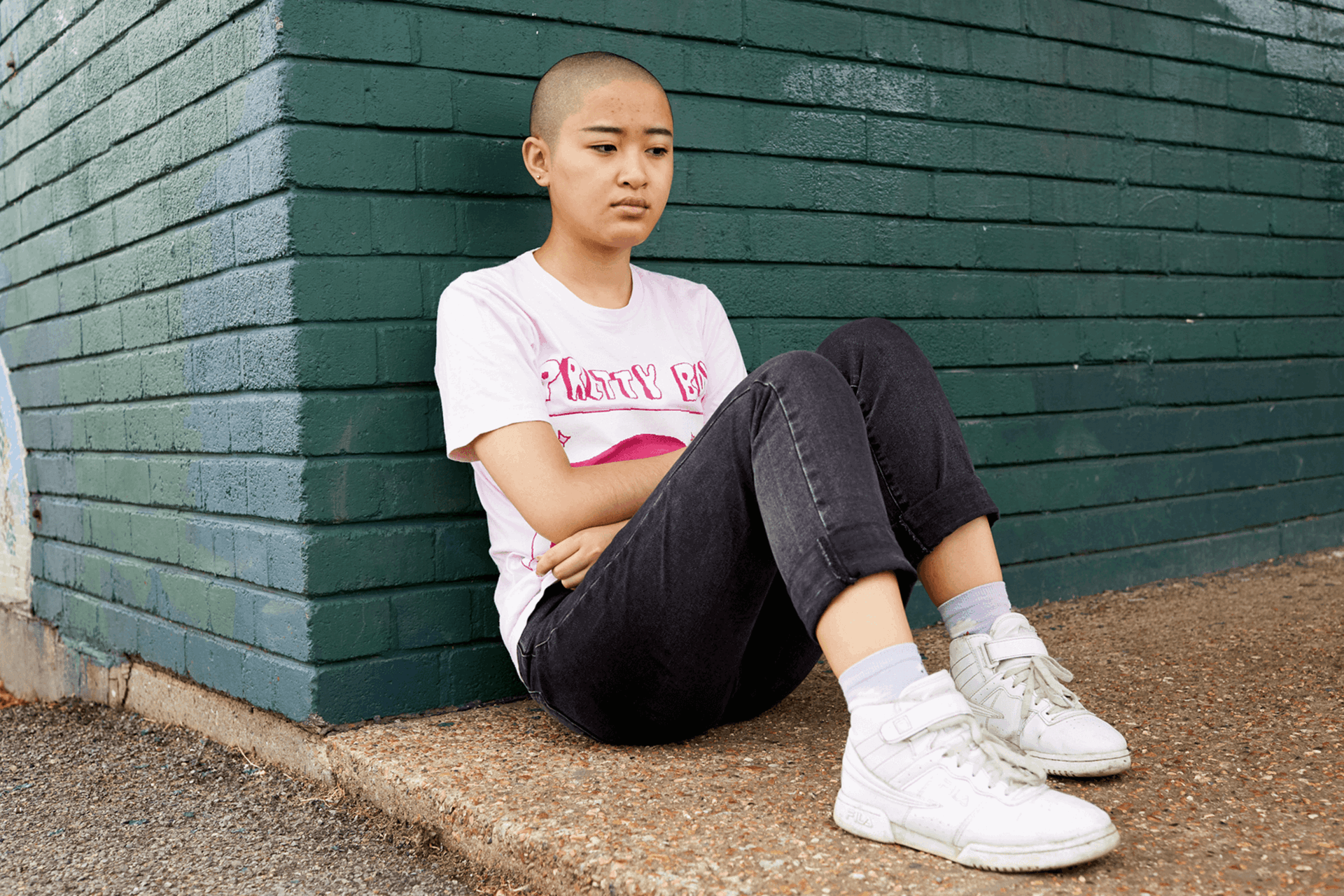Pregnancy
If you become pregnant while you are on fluoxetine, you should carry on taking the medicine and make an appointment to see your doctor as soon as possible. They can discuss the benefits and risks of continuing fluoxetine and help you to make a decision that is best for you and your baby. They may refer you to a specialist perinatal mental health team to support you with this decision.
You can find out more information about taking fluoxetine during pregnancy at Bumps (Best Use of Medicines in Pregnancy).
Untreated depression or anxiety (or other mental illness) can also be harmful to you and your developing baby, so decisions about stopping or avoiding medication when you are pregnant need to be discussed carefully with your doctor. If you and your doctor agree that carrying on with fluoxetine has more benefits than risks, you should tell your midwife that you are continuing to take this at your next appointment.
Some research has reported that taking SSRI antidepressants during the month before delivery can result in a small increased risk of bleeding after you have given birth. It will be important for your doctor and midwife to know what medication you are taking so that appropriate monitoring and treatment is planned. If you are concerned about this discuss it with your doctor and midwife.
If you are planning to get pregnant, it is recommended that you take folic acid while you are trying for a baby and during pregnancy. It is safe to take this together with fluoxetine.
Post-natal
If fluoxetine is taken in the last five months of a pregnancy, studies have shown a small increased risk of persistent pulmonary hypertension of the new-born (PPHN). This occurs in the first 24 hours after birth and can make the baby breathe faster and look a bit blue in colour. PPHN affects around three in 1,000 babies born to mums who take SSRIs. This compares with a rate of two in 1,000 among babies born to mums who do not take SSRIs. More recent research has failed to reproduce this finding. If you are concerned about this, talk to your doctor and midwife. If this does occur, you will need help from your midwife, so it is important they are looking out for symptoms.
There are some other symptoms that can occur in new-born babies if fluoxetine is taken in the last three months of pregnancy, look out for these and get help if they happen:
- jerking or twitching of the muscles or shaking
- being jittery, irritable or constant crying
- being too hot or cold
- suckling/ feeding difficulties or being sick
- having stiff or floppy muscles, or overactive reflexes
- being very sleepy or finding it difficult to sleep
These are usually mild and go away in a few days without treatment.
Breastfeeding
Talk to your doctor, midwife or pharmacist if you want to breastfeed while taking fluoxetine.
Some fluoxetine is passed to the baby in breast milk, and side effects have been seen in breastfed babies. The main one is likely to be colic. However, the level of fluoxetine detected in breast milk is still considered safe if you are taking fluoxetine and want to breastfeed.
If you breastfeed while taking fluoxetine, seek urgent medical advice if your baby becomes restless, very sleepy, or develops feeding problems.
If your baby was born early or has health problems, then breastfeeding while taking fluoxetine may not be recommended. Talk to your midwife and doctor about feeding options.
If your medication makes you sleepy, do not to sleep with your baby in the same bed, and be cautious when handling your baby (especially if waking during the night for feeds).











